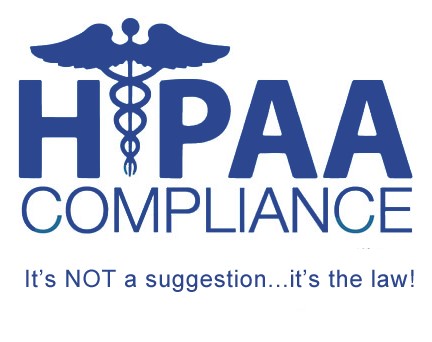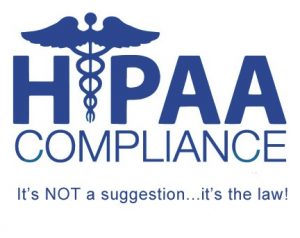For many important reasons, anyone with any assets at all should have a will. It’s a common misconception that wills are expensive, or that a lawyers assistance is required in the creation of a will. Yet others may simply take a passive stance, stating that writing a will is something they just haven’t ‘gotten around to, yet’.
While there are some kernels of truth in many will-related misconceptions (for example, complex wills may require the involvement of an estate planning attorney to form), there simply is no good reason not to have a will.
Any time someone dies without a will, they are considered to be ‘intestate’. Intestacy can be confusing and frustrating for the family and rightful heirs of the deceased, as they will be invariably forced into dealing with the state probate court to have all of the assets distributed according to equal heirship stakes.
This situation often goes against what would have been the wishes of the deceased. However, a will cannot be written after death, even by someone who has power of attorney for the deceased.
Not many of us enjoy talking about death. It’s a subject that most of us avoid, which is completely understandable. However, there are several very good reasons why having an active will should be high on your priority list.
Not only is having a will a smart idea, it’s also good practice to revisit your will to make changes as your life situation changes. At Kokish and Goldmanis, PC, we specialize in providing estate planning services tailored to the lives of our clients—lives that evolve and transform as the years go on.
For this reason, we highly suggest revisiting your will. As for the question of how often this should be done, the answer depends on a few factors.
Revisit Your Will After These Events
Generally speaking, any significant change to your assets, marital status, or family relationship qualifies as a good reason to reevaluate your will.
Common life events that alter your relationship with someone else can be good reasons to update your will. Some of these life events might include:
- Having a child
- Adopting a child
- Getting married
- Getting divorced
- Severing ties with a family member
- Making amends with a family member
Even if none of these have happened to you in the recent past, a good rule-of-thumb for revisiting a will is once every three to five years.
Why is this?
It’s because our lives can undergo changes that we aren’t consciously aware of until multiple years have passed. An example might be buying a car to fix up as a hobby, and then storing it in a shed and forgetting about it. Another example might be acquiring expensive jewelry and then ‘rediscovering’ it during spring cleaning.

Assets come and go in our lives for a multitude of reasons. New jobs (or job losses), sweepstakes winnings (or bankruptcies), paid-off mortgages (or loan defaults) all contribute to our overall asset scenario. That’s why dusting off your will for a once-over makes sense to do every three-to-five years or so.
Other Things to Consider During a Will Update
Has a close member of your family fallen into dire illness? If this person is named as an heir in your will, it might be worth reconsidering how you’d like those assets to be reassigned.
The same goes for legal guardians or will executors you may have determined in the prior version of your will.
Remember that minor changes to a will can often be made without having to completely rewrite the will itself. These changes can include adding or removing an heir, changing the status of a specific asset, or something similar. Often, the use of something called a codicil serves this purpose.
You can think of a codicil as being a minor amendment to a will.
Larger, more extensive changes to a will are best made through a complete rewriting of the will. Whether or not this is something that you will needs should be addressed on a case-by-case basis.
For Legal Help with Estate Planning, Contact Us
Our goal at Kokish and Golmanis, PC is to make estate planning simple, straightforward, and easy for our clients.
Regardless how many iterations your will has seen in past years, we can help ensure that it reflects your current wishes for how you’d like your estate to be handled after your death.
To learn more about how we can help, contact our office today.



